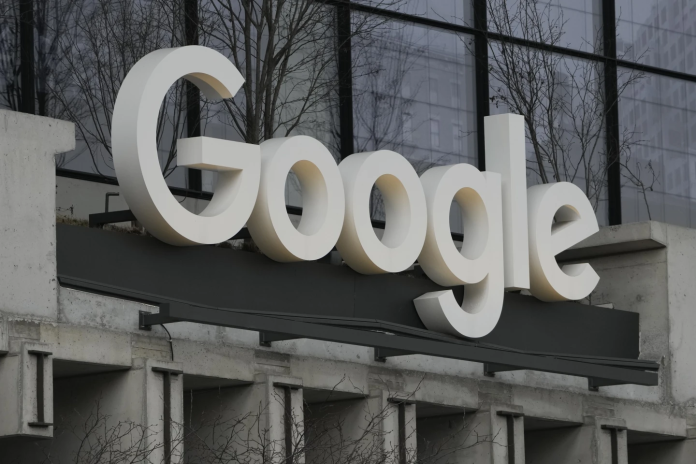Google faces its second major antitrust trial in less than a year, accused of dominating online advertising and stifling competition.
The trial in federal court in northern Virginia follows a separate case in which a judge found last month that Google’s search business was an illegal monopoly. The US government now alleges that the company controls the market for publishing banner adverts on websites, including those owned by many creators and news providers.
Google has used anticompetitive, exclusionary, and unlawful means to eliminate or severely diminish any threat to its dominance over digital advertising technologies.
Government lawyers would argue that Google used its financial power to acquire potential competitors and monopolise the advertising technology market. However, Google dismisses the allegations as “fundamentally misguided” and says they violate “principles of antitrust law that help drive economic growth and innovation.”
The case is also wrong on the facts, which Google looks forward to demonstrating.
Evelyn Mitchell-Wolf, Senior Analyst at Emarketer, stated that the market in question was “the lifeblood to a lot of important information sources for the public.”
The trial is expected to last at least six weeks and involve dozens of witnesses, with Judge Leonie Brinkema presiding. If the company is found guilty, a separate trial will decide how Google must comply with the judge’s findings.
Analysts at Wedbush Securities said the economic impact of the lawsuit on Google would be limited, regardless of the outcome. They argue that the business, which the government is asking Google to sell, has generated less than 1 per cent operating profit this year.
Similar investigations into Google’s dominance of advertising technology are ongoing in the European Union and the United Kingdom.
